The Wandering Witch Witnesses the Ascendance of a Bookworm!
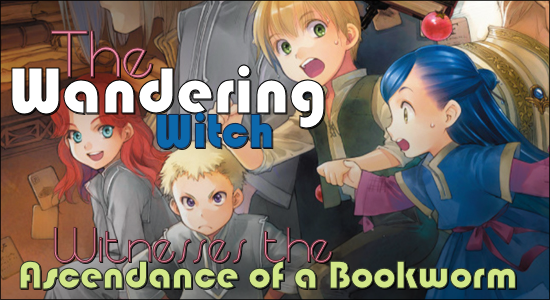
Welcome, all, again. A new viewing season is upon us, with generous offerings in a number of genres. Today’s topic, Ascendance of a Bookworm, is an isekai story focusing much more strongly than usual upon the protagonist’s adjustments to the mundane elements of her new existence (although her sudden youth probably precludes any more assertive role). What we get is a wonderful slice-of-life in which Urano, a modern Japanese young lady, dies in an earthquake and assumes a new life in an alternate world very closely similar to medieval Europe (albeit with amenities from what we would recognize as several distinct time periods and social statuses). One immediate difference between this show and other recent isekai series is that Urano takes over a life already several years in existence–contrast this to Saga of Tanya the Evil, in which a modern salaryman is reborn as an infant girl, or In Another World with My Smartphone, in which teenager Touya is transplanted virtually unchanged (from before his moment of death) into a new world. No, Urano takes over a life already established, and this fact changes the way in which this particular story must be told.
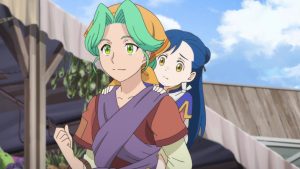
Urano’s new existence is as a young, frail girl named Main (or Myne), who was apparently often ill. That situation offers two intriguing possibilities, either that Myne passed on just as Urano needed a body, or that Myne was subsumed into Urano’s stronger personality. The second seems more likely to me, in that Myne’s memories and knowledge of her world remain after Urano’s arrival. Of course, Urano’s memories and knowledge are likewise present–and dominant–so that she must constantly choose to be Myne. It’s certainly an interesting interplay between Urano’s personality and Myne’s vestiges of self, and might likely have provided an intriguing element of conflict had Myne perhaps been older and stronger, with her own more pronounced and developed personality. Even so, Urano/Myne’s adjustment struggle is not solely internalized, in that she must interact with Myne’s family and community. And these folks are noticing some rather startling changes: Myne’s new emotional distance; her sudden interest in personal hygiene; and her unprecedented obsession with reading, writing, and books. Something is definitely amiss!
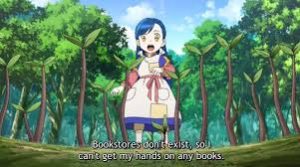
Meanwhile, Myne (for that is how her world sees her) is just bursting with ideas to improve her situation. Homemade shampoo is among the first of these ideas to see fruition, much to the wonder of her mother and older sister Turi, who both nonetheless quickly seize upon it. But, driven by Urano’s insatiable love of literature, Myne knows that her own true happiness must be won through mastering use of the local written language–she’s going to have to learn to read and write all over again! It’s a far-sighted ambition, designed to ultimately create a path for her to access the rare and extremely expensive books there. After all, such rarity of books–of reading material in general–makes literacy impractical to the commoner. And so literate and even semi-literate individuals have the responsibility and privilege of creating, using, and maintaining books and other written records. Such people are tapped for clerical or court positions and even join religious orders. Learning–particularly literacy–becomes a ticket out of poverty, which is why its dissemination is often so jealously guarded. Myne already has Urano’s knowledge, but remains illiterate and thus removed from the opportunities to access books (not that her young age helps her case any!). Ah, but once she masters the written word, she stands to become her world’s da Vinci or Shakespeare, perhaps both.
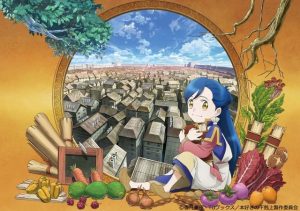
As things stand, Myne faces three primary obstacles to scaling such an intellectual peak: her young age; her frail health; and her family’s poverty/low social status. She is absolutely powerless to change the first of these, so she should probably address the latter two. I am, as usual, unfamiliar with the source material for this story (a light novel series by Miya Kazuki), but Myne’s access to Urano’s modern knowledge should allow her to formulate some sort of plan to strengthen her health. Minor exercise routines, slight preferences in diet, that sort of thing. As for escaping her family’s poverty, she has already begun her fight by befriending her father’s subordinate, Otto, and having him teach her to write. Urano no doubt remembers the powerful allure exerted by cute, wide-eyed innocence upon otherwise sensible adults (let’s call it the Loli factor), and I cannot imagine that she would fail to employ such stratagem now, trapped as she is within its most exquisite paragon of a vehicle. She just need be very careful; in a world wherein knowledge becomes social mobility, bet that some have trod that same path previously and will seek to bar the road of their own ascendance to others. Good luck, Myne!





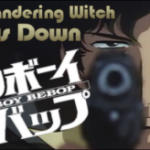
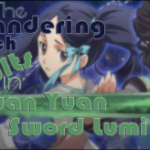









iStalk? uStalk!